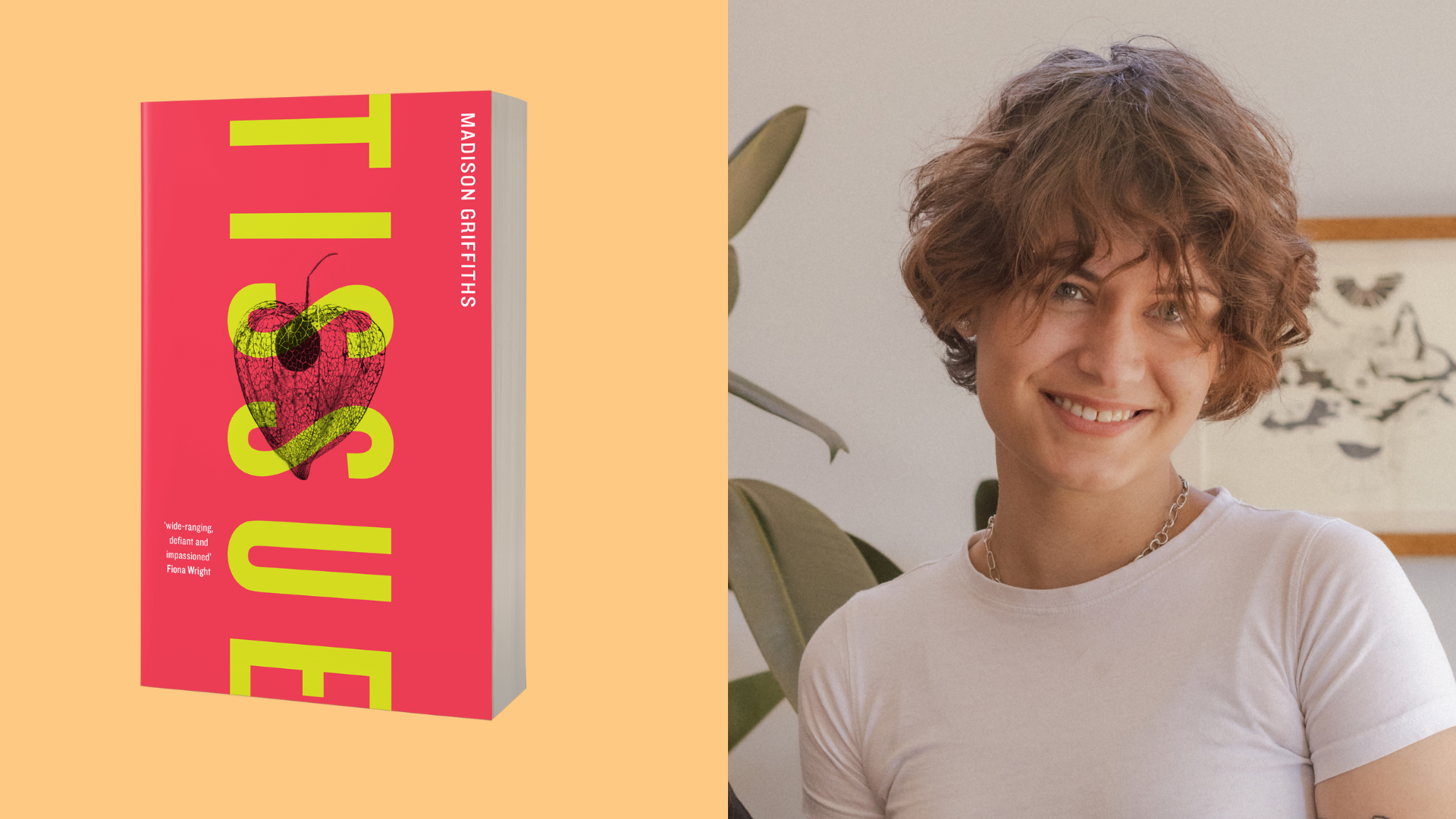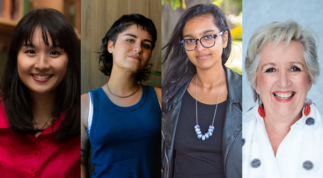In Philadelphia last January, a musical titled The Appointment opened, a production from the theatre collective Lightning Rod Special. It was lauded in the New Yorker as being ‘raucously pro-choice’. In it, a handful of actors were cast as foetuses, and a chorus of them reminded their audience of their role in society, which is—as Vinson Cunningham writes in his review—the role of ‘stage-hogging hams—which makes sense, given how much of the national political spotlight, in Supreme Court hearings and state legislative chambers and on referendum ballots, they’ve become accustomed to.’
While I wasn’t fortunate to see The Appointment on stage and, in turn, to witness the squawking of a sea of foetuses before ‘a glinting surgical instrument shows up time and time again to stop the incessant [foetal] chatter’, I am familiar with the legitimacy the unborn are granted in abortion discourse, with how often the fate-and-fortune of pregnancy matter is used as leverage against women and pregnant people, individuals whose own futures are so often dismissed in the dawn of their gestation. When it comes to abortion discourse, it matters whose voices—whether real, or imagined—harp the loudest. And despite unplanned pregnancies impacting people of all genders, the toil of abortion advocacy falls singularly on the shoulders of those most marginalised by it. As the world-at-large continues to muffle the speech of those who seek abortions with the imagined pleas of the ‘life’ presumed to take precedence over them, a quiet majority reap the benefits of global abortion access, without needing to withstand its labour. Men, whose lives remain unchanged. Men, whose freedom didn’t bank on whether or not they bled for it.
In writing Tissue, my debut non-fiction book about the visceral, philosophical and political dimensions that make abortion what it is, I very deliberately made sure to include conversations I’d had with my boyfriend around the time I terminated my own pregnancy: musings on guilt, on what the procedure meant for him (as well as I), on how it felt to witness the act, to have it shared between us. It struck me how few men felt it an issue worth commenting on in their own lives, how scarce conversations around abortion were amongst an entire cohort of people, despite many having encountered it head on. There’s an element to this I can understand: it is important to ensure the voices of those most marginalised are heard and bolstered up when it comes to public discourse, to have it so women and pregnant people have their truth acknowledged. However, what about answerability? About bearing the load of abortion’s heaviness, of acknowledging the brawn required of women to forever plead for choice on tired streets and crowded newsfeeds, by way of pickets, signs and spit?
An unwanted pregnancy does not crop up unannounced, sprouting in the body of its subject as if isolated from the world around it. The embryonic outline (tsk, tsk) of what determines whether or not an abortion ought to take place—as in, the sex that proceeds it—usually requires a man’s input, desired or otherwise. It hardly seems right for him to be able to quietly strike a red line through his name, crossing it out of abortion’s line-of-fire, once the deed is done. In an ideal world, a world not made a little darker under the big, bad shadow of an unrelenting patriarchy, abortion would be considered a fundamental right for people of all genders. In an ideal world, the incessant responsibilities of parenthood wouldn’t be ordained to women alone. But we do not live in an ideal world, and so—time and time again—men’s lives are made richer, more theirs, more free, by abortion access. They just don’t have an unremitting chorus of stigma warbling around them. It’s about time they speak up. I wait for their verse, their harmonies, with bated breath.
Tissue by Madison Griffiths (Ultimo Press) is out now in all good bookstores.
 Madison Griffiths is a writer, artist and producer based in Melbourne. She is the co-producer of Tender, an award-winning Broadwave podcast that follows what happens in the aftermath of abusive relationships. Her essays have been published widely in the Guardian, SBS, VICE, Meanjin, Kill Your Darlings and more. In 2022, she won the Our Watch Award as administered by the Walkley Foundation for Excellence in Reporting on Violence Against Women and Children.
Madison Griffiths is a writer, artist and producer based in Melbourne. She is the co-producer of Tender, an award-winning Broadwave podcast that follows what happens in the aftermath of abusive relationships. Her essays have been published widely in the Guardian, SBS, VICE, Meanjin, Kill Your Darlings and more. In 2022, she won the Our Watch Award as administered by the Walkley Foundation for Excellence in Reporting on Violence Against Women and Children.


